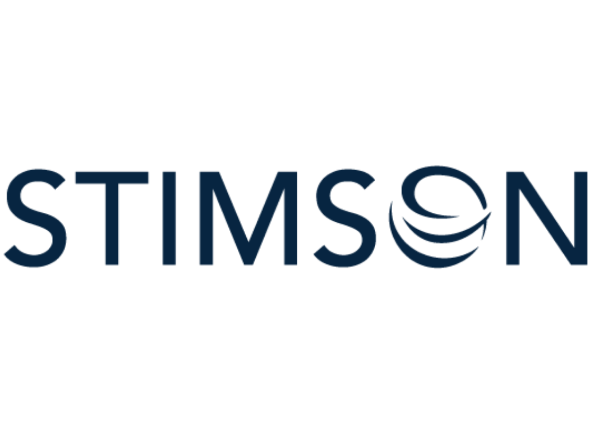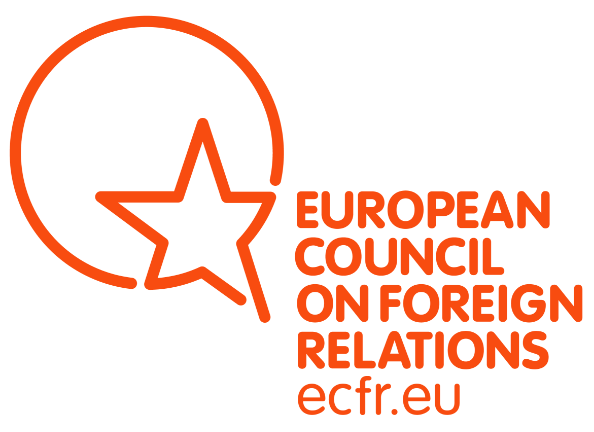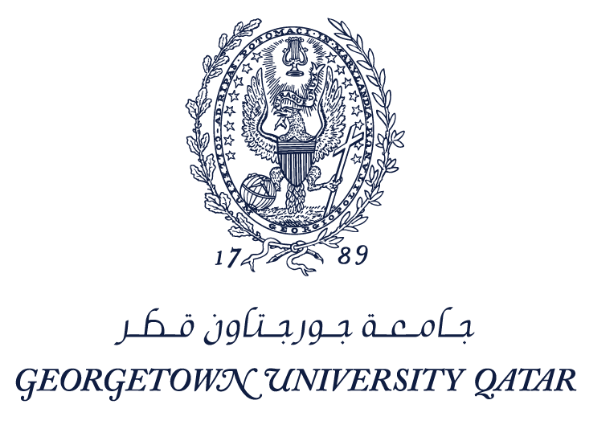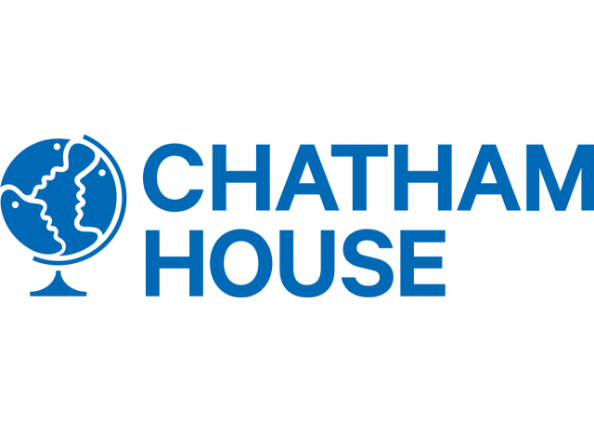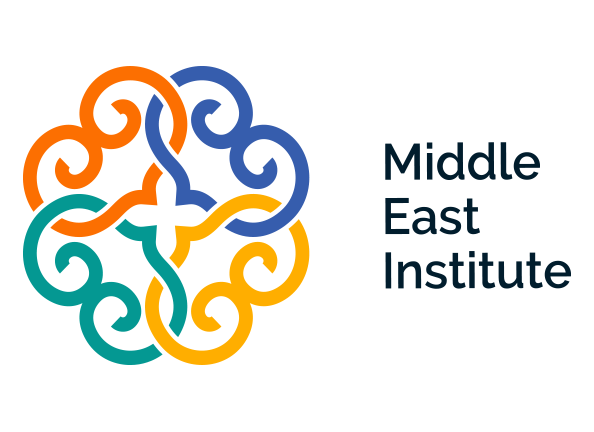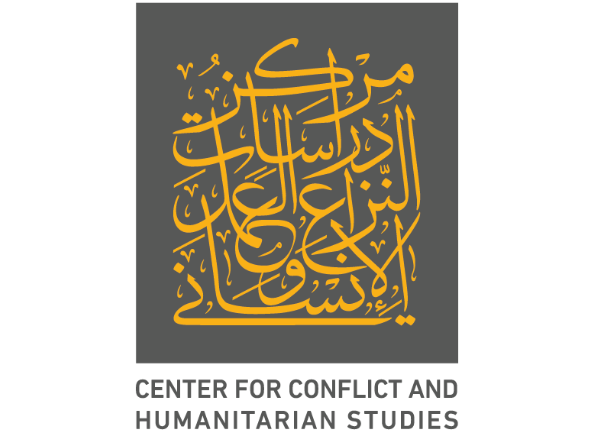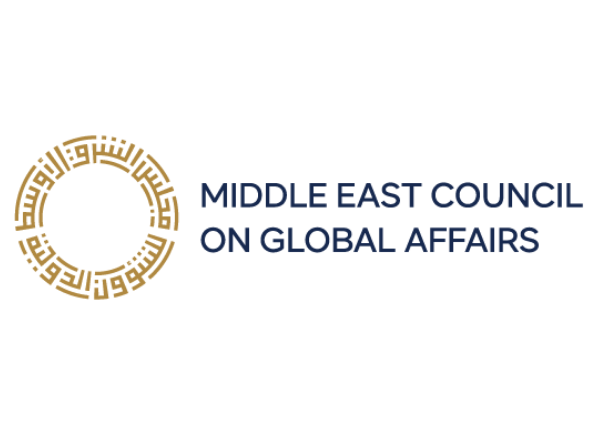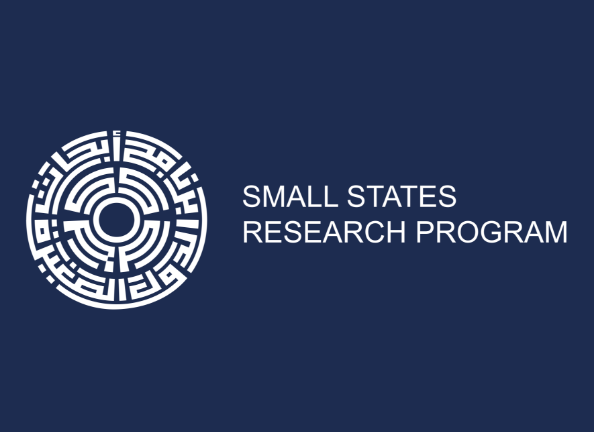Session Descriptions
Opening Ceremony
Doha Forum 2023 opening ceremony
What Now for the Middle East?
September 13, 2023 marked the 30th anniversary of the signing of the Israel-PLO ‘Declaration of Principles’ – seen at the time as a breakthrough towards peace. But it was a somber anniversary – acknowledging the failure of that peace process to deliver an end to occupation of Palestinian lands, Palestinian statehood, or rights. Within less than a month, the magnitude of that failure burst forth and was clear for all to see. Against the backdrop of the cataclysmic Palestinian-Israeli reality, can a path be charted which brings the core issues to the fore and builds towards genuine peace and security? This plenary will assess the state of crisis and ask: where do we go from here, and what role can be envisaged for external actors?
Innovative Solution for Governing AI & Emerging Cybertechnology
Recent advances in artificial intelligence have given us a glimpse into the immense promise for human progress and complex challenges it poses to regulation, great power tensions, and the digital divide. Technologies often arise in private sector settings beyond national jurisdictions, making governance difficult. Shifts in power facilitated by emerging technologies could prove highly destabilizing if not properly managed. What multilateral tools can be employed and how can responsible initiatives be designed to create a safe, sustainable, and inclusive AI and Cybertech future for all? This session is co-sponsored by the Doha Forum, Stimson Center, and Global Institute for Strategic Research at Hamad Bin Khalifa University.

